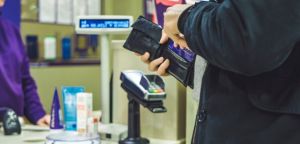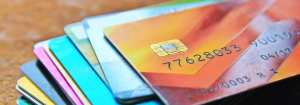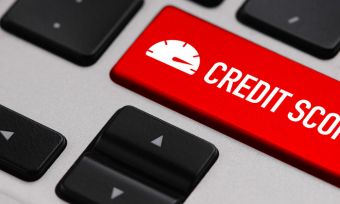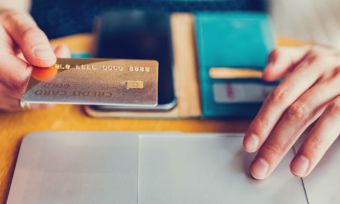1. Don’t throw personal documents into the bin
If you are disposing of any documents that include personal details, make sure you shred or otherwise destroy them (e.g. soak them in water) before tossing them into the bin. Buying a home shredder can be a great investment! Some document types you may want to consider giving the Freddy Krueger treatment are:
- Bank correspondence (including savings account and credit card statements)
- Any letters or documents received from the Government
- Any documents that contain personal or identifying information
2. Keep your mail secure and protected as well
Buying a lock for your letter box (or using a PO Box) can also be a good idea. And, if you’re going to be away for a while on holidays or otherwise, make sure you either put a hold on your mail or have someone collect it for you regularly.
This can also help to prevent break-ins – nothing screams “I’m away on holiday and my house is empty” quite like a pile of mail at your front door or gate.
3. Read your own mail and financial statements

How often do you get a credit card statement and toss it onto a “to be read later/never” pile? It could be a good idea to get into the habit of opening all your financial statements and checking them carefully for any sign of suspicious activity or financial fraud. That goes for your other bank accounts, too!
But remember to shred them up when you’re done with them.
4. Check your credit history regularly
An idea to keep track of your credit history is to get a free copy of your credit score. This will alert you to any attempts to apply for credit in your name. You can learn how to check your credit rating and why it can be important here.
5. Be cautious when buying online

Many of us love shopping online, but be cautious about who you share your credit card details with. Think carefully before buying anything from a website that looks overly fishy, and try to avoid websites that don’t offer the use of a secure payment facility, such as PayPal.
Additionally, be aware of the potential risks of using online payment services that require your card details. If they were hacked or had their database otherwise accessed by someone up to no good, it could result in you falling victim to credit card fraud.
6. Keep the ATM keypad covered
When entering your PIN, it is generally a good idea to cover the ATM keypad and be aware of who is around you. You may also want to be wary of using PayPass or similar NFC technologies (like Apple Pay and Google Pay) in busy places, as technology exists which can allow someone to intercept data during an NFC transaction and potentially obtain your card details in the process.
7. Always know where your card is

New contactless NFC technology such as Tap & Go, payWave, and PayPass makes unauthorised spending on your card very easy if someone manages to get their hands on it. So keep it secure at all times and if you lose it, report it straight away. Check our guide on what to do if you lose your credit card.
8. Stay digitally protected
It can be a good idea to keep the virus and security software on your computers and mobile devices updated, and try to avoid visiting or buying from websites that have questionable security.
And it goes without saying to do your best to avoid clicking on links in scam emails. Here’s a list of some online banking scams to look out for.
9. Never give credit card details over the phone
If you need to make a payment or want to donate to a charity, it can be a good idea to do it online via a secure payment method or by directly phoning the organisation. Credit card scammers can access your information over the phone if they impersonate another institution.
10. If you think you’ve been scammed, report it ASAP
If you think you may have been scammed, let your financial institution know ASAP.
Want more finance tips?

Sign up for free to receive more news and guides, straight to your inbox.
By subscribing you agree to the Canstar Privacy Policy.





Share this article